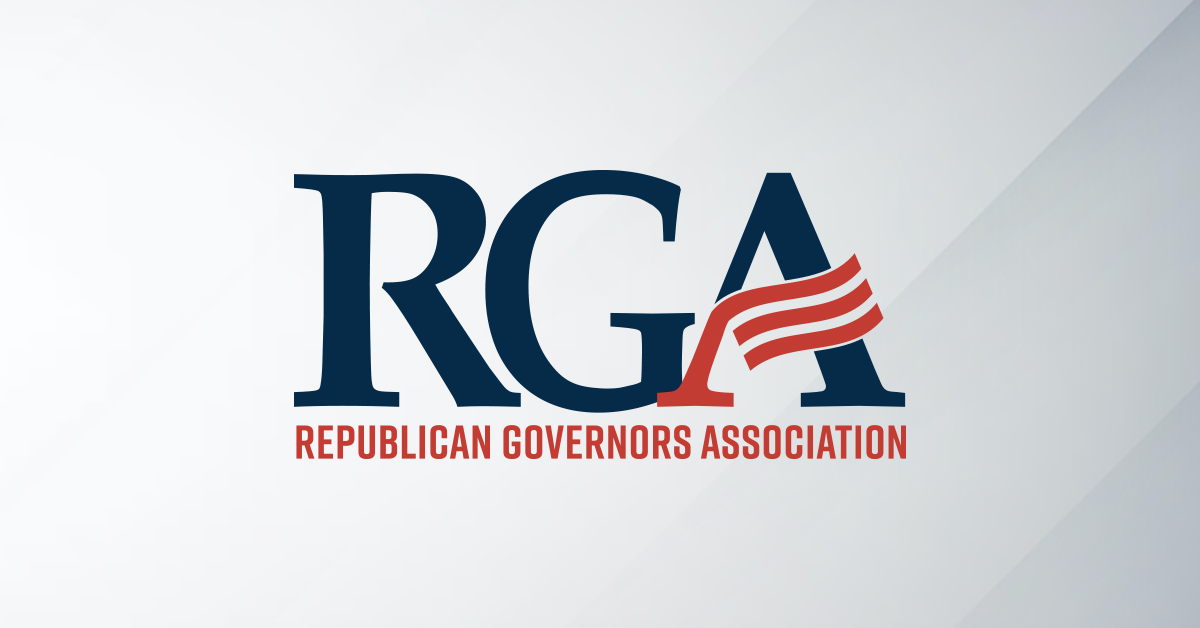
Like many Democratic governors, Roy Cooper likes to talk a big game about supporting educators, but when the time came to take action his words were exposed as empty rhetoric as he repeatedly vetoed higher pay for hardworking teachers. In states across the country Republican governors – and in the case of North Carolina, Republican state legislators – have been leading the way on teacher pay.
Since Cooper took office, he has vetoed every single teacher pay raise that has come to his desk, while joining with union operatives to politicize the issue instead of working across the aisle to find common ground.
Fortunately, teachers in North Carolina have seen their pay increase in spite of Cooper. Thanks to leadership from Republicans in the legislature overriding his vetoes, thousands of teachers across the Tar Heel State have increased financial security at this critical time – no thanks to their governor.
“Governor Cooper’s reckless vetoes risked leaving hardworking North Carolina teachers high and dry – all for the sake of his partisan political agenda,” said RGA Communications Director Amelia Chassé Alcivar. “Voters deserve a governor who will work across the aisle to get results instead of jumping at every opportunity to score cheap political points at their expense. North Carolina teachers, parents, and students can’t count on Roy Cooper to put their interests ahead of his own.”
After Years Of Teacher Raises Under A Republican Administration, Roy Cooper Has Vetoed Multiple Teacher Pay Increases
PolitiFact Headline: “Roy Cooper Falsely Says North Carolina Teacher Pay Ranking Has Fallen Under Pat McCrory”
- Prior To Cooper Becoming Governor, Teacher Pay Increased By Nearly 11% From 2014-2017. “The average teacher’s salary in the last three years has risen 10.8 percent. And over the entire time Republicans have been in charge of the state budget, the total raise has been even smaller than that, since teacher pay fell during the first three years of GOP control.” (Will Doran, “NC Teacher Pay Has Been Rising, But Not By Nearly As Much As Sen. Phil Berger Says,” PolitiFact, 3/16/17)
- In 2016-2017, North Carolina Ranked Second In Fastest-Rising Teacher Pay In The Nation. “North Carolina ranked second in fastest-rising teacher pay in 2016-17, though the ranking wasn’t consistent over the years. We rate this claim Mostly True.” (Will Doran, “NC Teacher Pay Has Been Rising, But Not By Nearly As Much As Sen. Phil Berger Says,” PolitiFact, 3/16/17)
Cooper Has Consistently Vetoed Teacher Pay Raises
PolitiFact: It Is “Technically Accurate” To Say That Cooper Has Vetoed Every Teacher Pay Raise. “Lewis said Cooper has vetoed ‘every single teacher pay raise we’ve ever passed.’ While this is technically accurate, it suggests that Cooper opposes teacher pay raises — which isn’t true.” (Paul Specht, “NC Republican Tells Half The Story About Teacher Pay Vetoes,” PolitiFact, 11/19/19)
- Cooper Has Vetoed Teacher Pay Raises Despite Stating That The “Foundation Of Education” Is “Erod[ed]” If Such Hikes Are Not Provided. “I believe in public education and I am grateful to our public school teachers. They are our heroes,’ Cooper said. ‘With no teacher pay raises, this governor and this legislation are eroding the foundation of education.’” (Jessica Isaacs, “Attorney General Cooper Calls For Change In Raleigh,” The News Herald, 9/30/13)
Cooper Vetoed The 2019-2020 Biennium Budget Which Included An Average Teacher Pay Increase Of 3.9% Over Two Years. “The budget says teachers will get an average 3.9% pay raise over the biennium, with raises and bonuses weighted toward veteran instructors. Teachers with zero to 15 years of experience will get raises in line with the salary schedule.” (Lindsay Marchello, “General Assembly Passes $24 Billion Budget, Governor Likely To Veto,” Carolina Journal, 6/28/19)
- Some Teachers Would Have Seen Their Salaries Increase By As Much As $2,000. “Those with 16 to 20 years of experience will get $500 raises in both years, and teachers with 21 to 24 years of experience will get $1,500 in the first year, and $500 in the second year. Teachers with more than 25 years of experience will get $600 in the first year and $500 in the second year, plus a $500 bonus in October of both years.” (Lindsay Marchello, “General Assembly Passes $24 Billion Budget, Governor Likely To Veto,” Carolina Journal, 6/28/19)
In 2019, Cooper Vetoed A Bill Introduced By Republican Legislators Which Would Have Provided All Teachers With A 4.9% Pay Increase As Well As A $1,000 Bonus. “N.C. Republican senators increased Thursday their pay-raise proposal for public school teachers in a bid to put more pressure on Democratic Gov. Roy Cooper to approve a mini-budget bill… On Thursday, a statement from the office of Senate leader Phil Berger, R-Rockingham, contained a proposal that would up the teacher raise to 4.9% for all teachers, as well as a $1,000 bonus.” (Richard Craver, “Teachers Could Get 4.9% Raises Through An Offer By The State GOP Leaders,” Winston-Salem Journal, 11/7/19)
Cooper Vetoed The General Assembly’s 2018-2019 Fiscal Year Budget Which Included A 6.5% Pay Increase For Teachers. “Cooper had proposed a budget that provided an average 8 percent raise for teachers, while lawmakers’ budget included average raises of 6.5 percent… The budget includes $22 million for bonuses to top-performing reading teachers in the fourth and fifth grades and the top math teachers in grades four through eight. Principals whose students show the most growth can earn bonuses of up to $20,000.” (Travis Fain, “Legislative Budget Includes 6.5 Percent Pay Increase For Teachers,” WRAL, 5/28/18)
Cooper Vetoed The General Assembly’s 2017-2019 Biennium Budget Which Included An Average Teacher Pay Raise Of 9.6% Over Two Years. “Budget-writers said teacher pay on average would grow by 3.3 percent next fall and 9.6 percent for the two years combined, not including several bonus options. Assistant principals pay would rise even higher, while principals would benefit from new performance bonuses. Rank-and-file state employees would get $1,000 raises, while retirees would get a 1 percent cost-of-living pension increase – something neither the House nor Senate budgets approved in the spring included.” (Joel Brown, “NC Budget Agreement Raises Salaries, Delays Tax Cuts,” ABC 11, 6/19/17)





See the latest videos from RGA
Watch our videosRepublican Governors representing at #RNCConvention2024, ready to send President Trump back to the White House and Make America Great Once Again!!! 🇺🇸💪
Moving and powerful speech from Governor @SarahHuckabee at #RNCConvention2024!
Follow RGA on Twitter
Follow RGA on Facebook